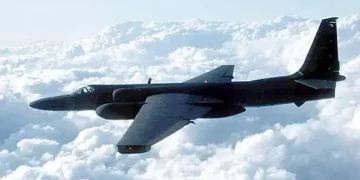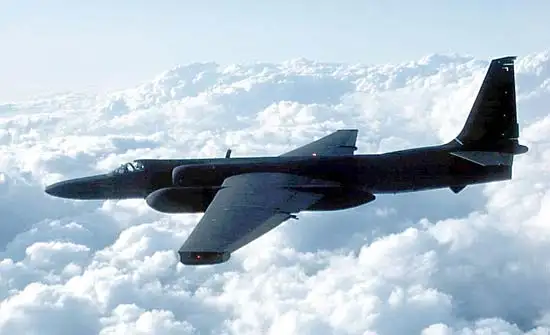By Ebi Kesiena
Ukraine on Saturday urged the West to amp up military assistance to the besieged country, including warplanes, as Russian President Vladimir Putin escalated warnings against NATO.
Ukrainian Foreign Minister Dmytro Kuleba told a small group of journalists on the Poland-Ukraine border that the highest demand needed is in fighter jets, attack aircraft, and air-defense systems.
“If we lose the skies, there will be much more blood on the ground,” he said after a meeting with his US counterpart, Antony Blinken.
Separately, Ukrainian President Volodymyr Zelensky “made a desperate plea for Eastern European countries to provide Russian-made planes” that Ukrainians are trained to fly, US Senate Majority Leader Chuck Schumer said following a video call between legislators and the Ukrainian leader.
As the conflict moved into its 10th day, Russian President Vladimir Putin warned the West of a wider war if a no-fly zone is set up, as his forces resumed an offensive against a key Ukrainian city where security fears stalled a planned evacuation.
While Zelensky criticized NATO for ruling out a no-fly zone amid worries it could spark a wider war Putin spoke of “colossal and catastrophic consequences not only for Europe but also the whole world” if such a zone were established.
“Any movement in this direction will be considered by us as participation in an armed conflict by that country,” Putin said.
An intense round of shuttle diplomacy continued as Israeli Prime Minister Naftali Bennett made a surprise visit to the Kremlin for three hours of talks with Putin, Bennett’s office said.
It was Putin’s first face-to-face meeting with a foreign leader since the invasion began.
The Israeli leader later spoke with Zelensky.
Kyiv had asked Israel which has strong relations with both Russia and Ukraine to launch a dialogue with Moscow.
For Zelensky, under an escalating bombardment that has flattened more and more infrastructure and sent nearly 1.4 million civilians fleeing, the Western military alliance’s “no” to a no-fly zone essentially gave “the green light for further bombing of Ukrainian cities and villages”.
The strategic city of Mariupol, on the Azoz Sea, has for days been under attack and without electricity, food and water.
After Russia declared a ceasefire to open a humanitarian corridor, city officials said the population of 450,000 could begin to leave by bus and private cars.
But the officials then delayed the evacuation, saying, “The Russian side does not adhere to the ceasefire and has continued shelling both Mariupol itself and its environs.”
A Russian Defence Ministry spokesman later announced the assault was back on, citing “the unwillingness of the Ukrainian side to … extend the ceasefire”.
The siege came as Russian forces inched closer to the capital, Kyiv, in an assault that has become ever more indiscriminate and deadly.
Working-class towns such as Bucha and Irpin are in the line of fire, and air raids Friday broke many people’s resolve to stay.
“They are bombing residential areas — schools, churches, big buildings, everything,” said accountant Natalia Dydenko, glancing back at the destruction she was leaving behind.
Dozens of civilians have been killed in the northern town of Chernihiv. Those remaining live in craters or among ruins.




































